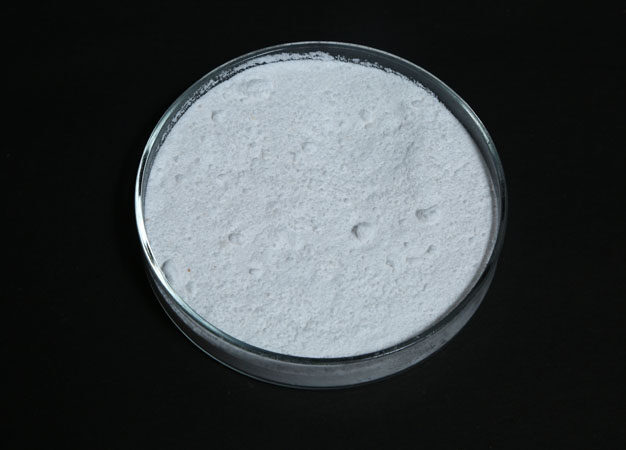Calcium Silicate
The term calcium silicate applies to a number of related compounds
consisting of calcium, silicon, and oxygen, all of which tend to occur in a hydrated form. Synthetic Calcium Silicate, due to its amorphous nature it is safer to use than natural crystalline forms. It also has an entirely different range of properties compared to natural forms, i.e. higher surface area, oil absorption and lower particle size and bulk density
We manufacture Hydrated Calcium Silicate. Hydrated Calcium Silicate is safer to use than natural crystalline forms because of its amorphous nature. It also has an entirely different range of properties compared to natural forms.

